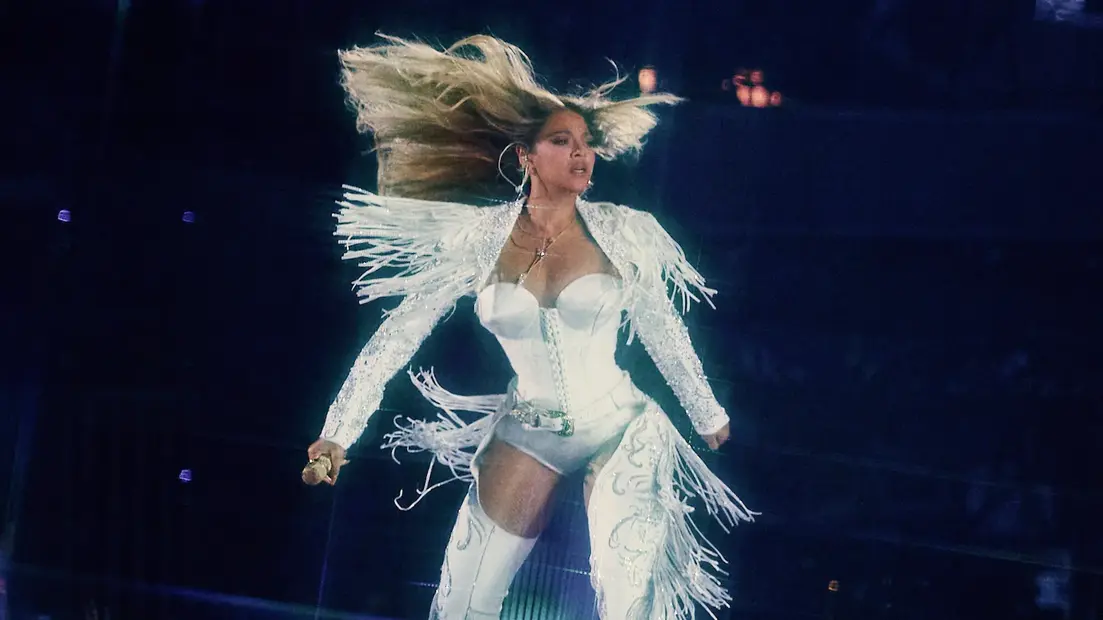T4K3.news
Britpop nostalgia takes center stage
A wave of music theatre and product revives 90s Britpop with Robbie Williams leading a new album and related projects across media and fashion.

A wave of Britpop revival spreads across music, theatre and consumer goods, while critics warn against erasing the era’s complexities.
Britpop nostalgia reshapes a crowded cultural revival
Robbie Williams is releasing an album titled Britpop. The launch takes place in Soho at the Groucho Club with Williams saying the project is the album he wanted to make after leaving Take That in 1995. He has collaborated with Gaz Coombes and describes the work as a chance to start fresh while looking back. This moment sits in a broader wave of 90s nostalgia, with reformed bands, books, tours and fashion lines helping to keep the era in public view.
Beyond music, the Britpop revival has spawned a theatre piece about the Oasis and Blur rivalry, a range of Britpop inspired clothing collections and even branded drinks. The article notes a shift from a single song legacy to a full culture market that uses the era as a signifier of attitude and optimism. At the same time, writers and promoters remind readers that nostalgia can gloss over real life in the 1990s, including unemployment and political tensions, even as venues and audiences increasingly engage with these memories through new formats and experiences.
Key Takeaways
"I’ve just spent the last 15 years looking backwards. I think with this album, if I am gonna look backwards, I might as well just clear the decks and go back to the start and head off from there"
Robbie Williams describing his album direction
"There is a 30 year cycle of nostalgia"
Simon Friend on why Britpop resurges now
"Trademarking is incredibly tedious, it turns out"
Alex James on Britpop branding and products
"There was a sense of 'fuck you, we’re going to have a good time'"
Miranda Sawyer on what Britpop signified for youth culture
Nostalgia is being monetized as a broad cultural project. Brands and venues tap a 30 year cycle to make the past feel immediate again, targeting both older fans and younger crowds who did not live through the era. That expansion can widen cultural appeal but risks oversimplifying history by trimming away hardship in favor of good times and neon energy. The contrast between a cheerful branding drive and the era’s social struggles exposes a tension: memory as entertainment versus memory as record. If the trend continues, Britpop may become a versatile shorthand for youth and resilience even as the original context fades further from living memory.
Highlights
- Nostalgia is a brand that ages well when you drink it
- The past sells better with a soundtrack
- We are chasing a memory we cannot fully relive
- Britpop was a moment of optimism not a product
Nostalgia branding risks oversimplifying history
The piece touches politics and social realities of the 1990s while promoting a branding driven revival. There is a risk of erasing difficult truths for a market friendly image and provoking backlash from fans who lived through the era or from critics who fear commodification of memory.
Nostalgia travels through many lanes, inviting scrutiny as it shapes how a generation is remembered.
Enjoyed this? Let your friends know!
Related News
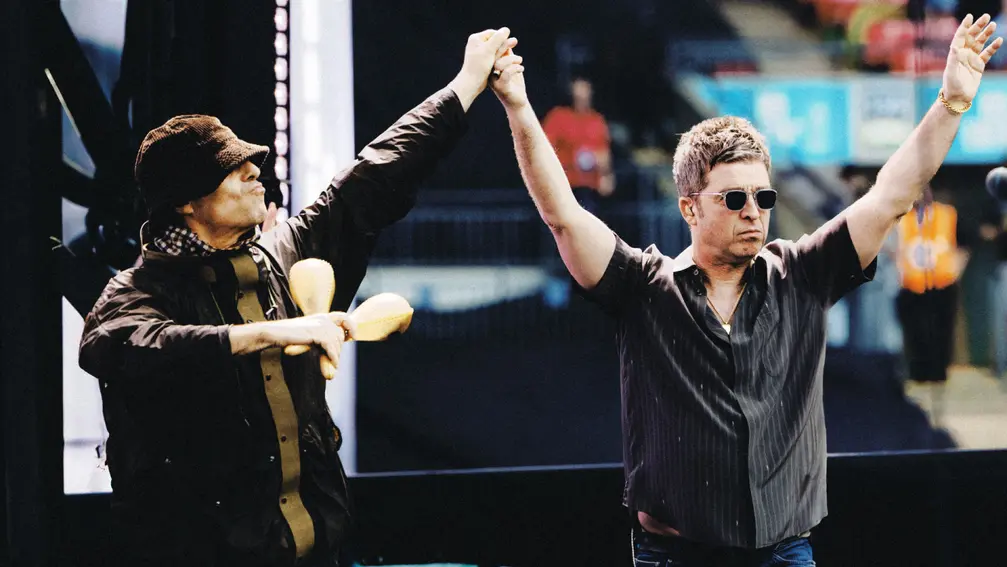
Oasis reunites for major tour in London
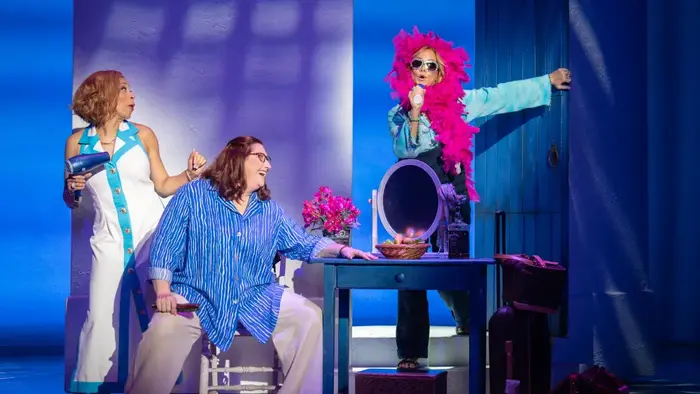
Mamma Mia revival opens on Broadway
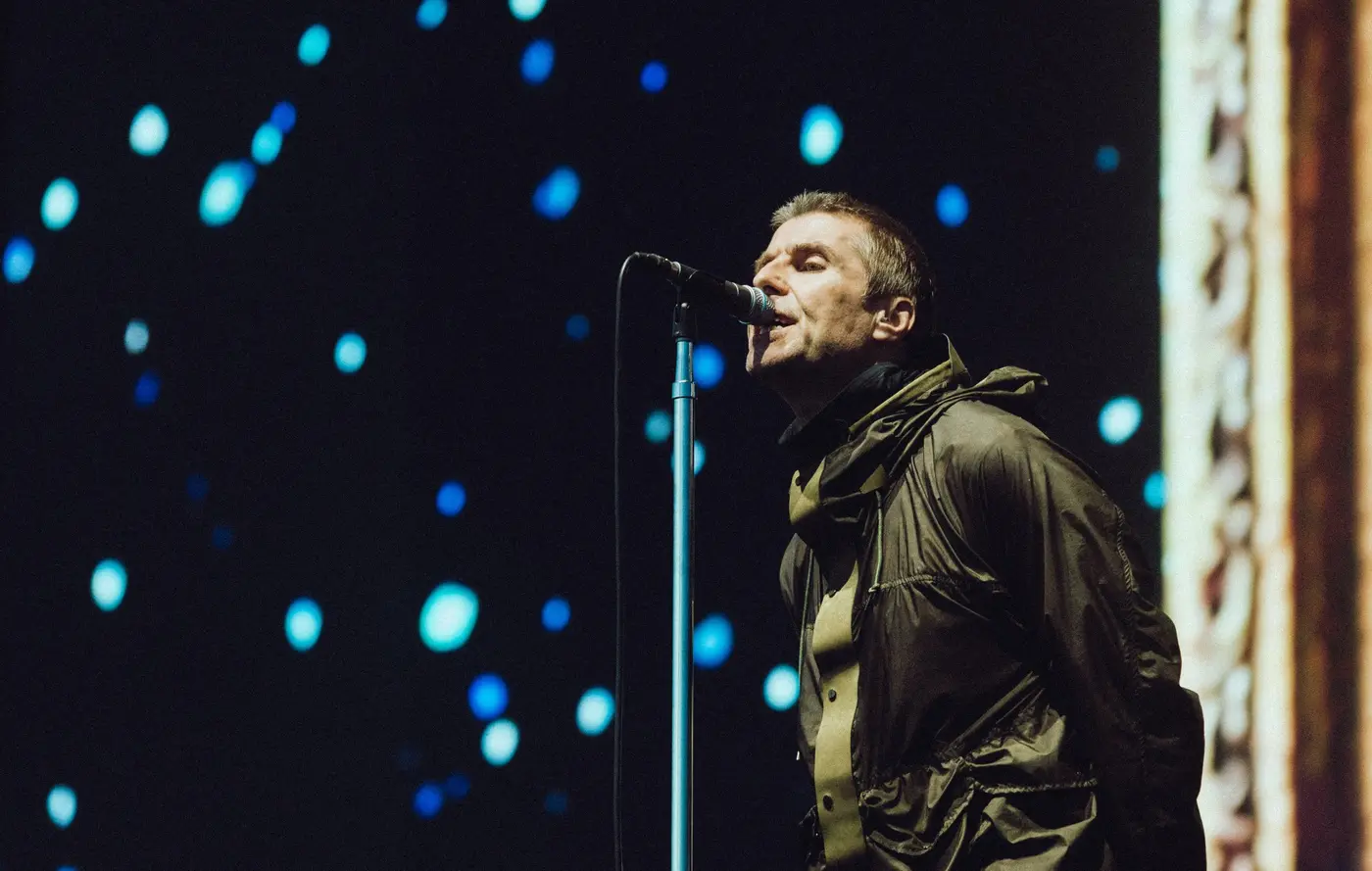
Oasis releases new live track from Heaton Park concert
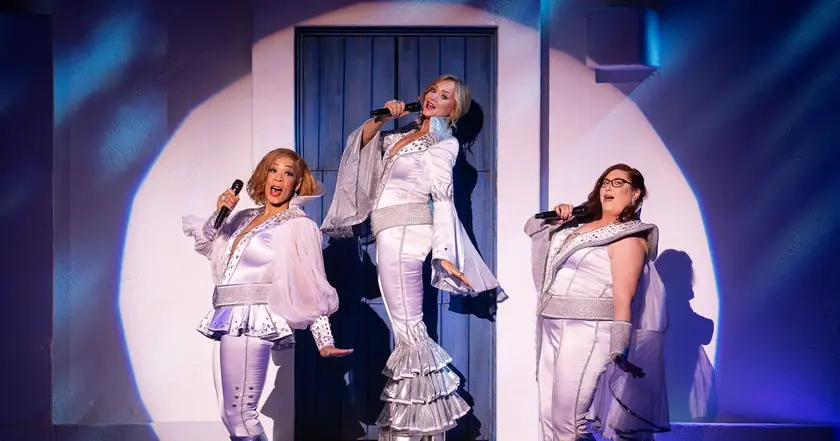
Mamma Mia Returns to Broadway

Inside No 9 Stage Fright Tour arrives at theatres
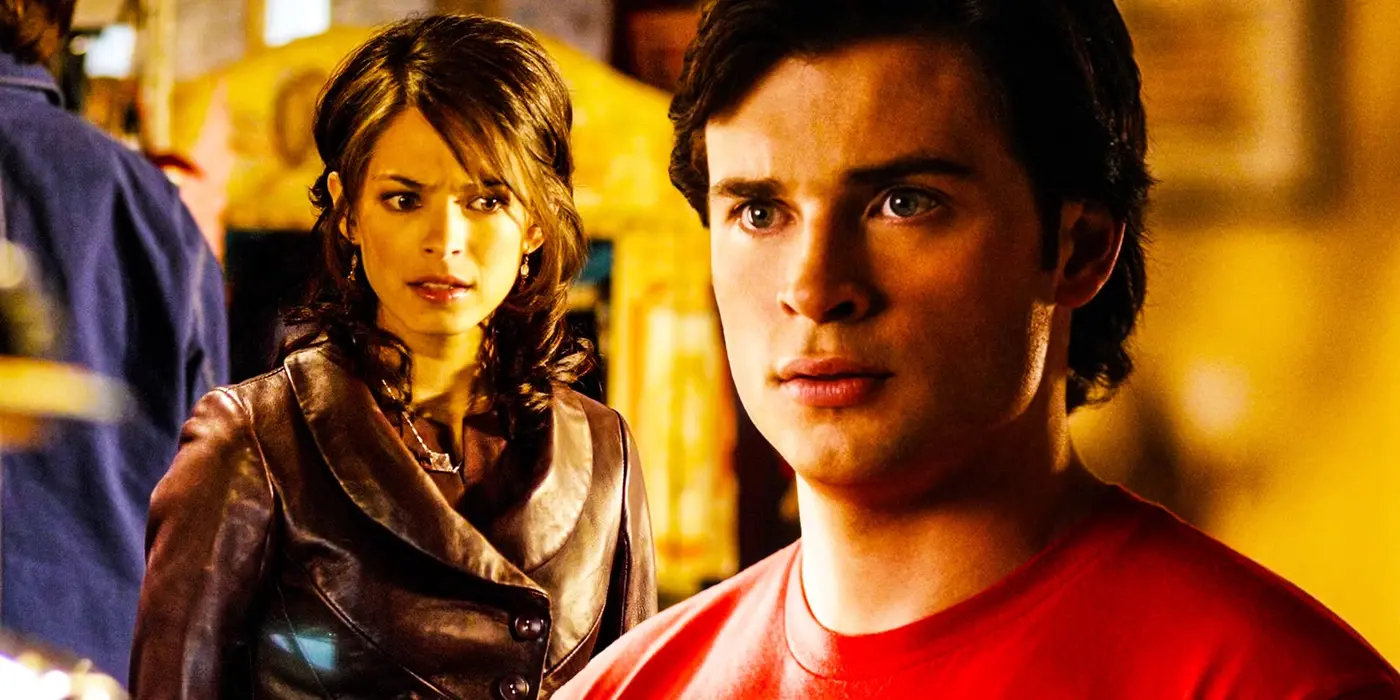
Controversy Over Lana Lang's Return in Smallville
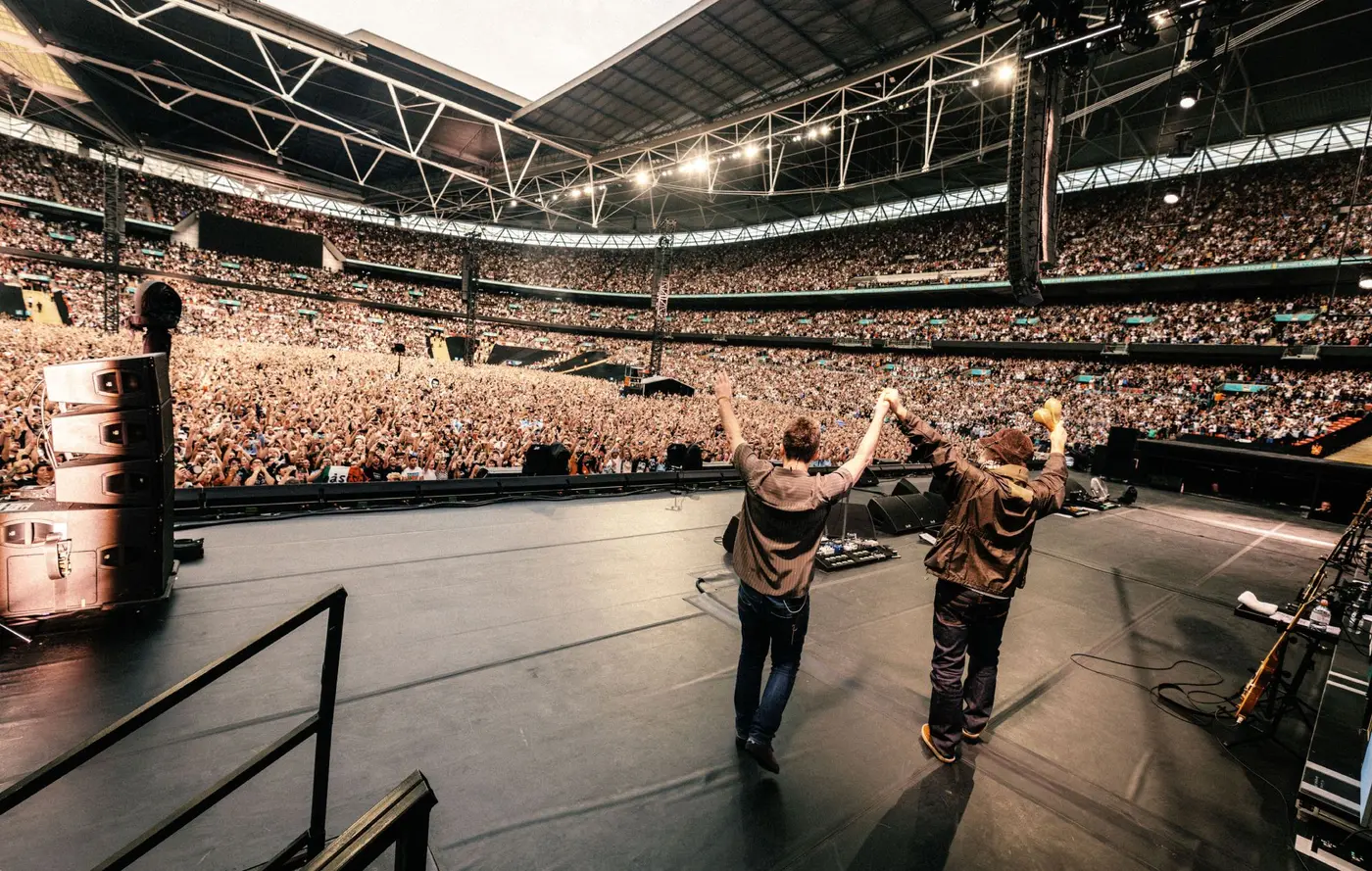
Oasis lights up Wembley with unforgettable concert

Alien Earth review
